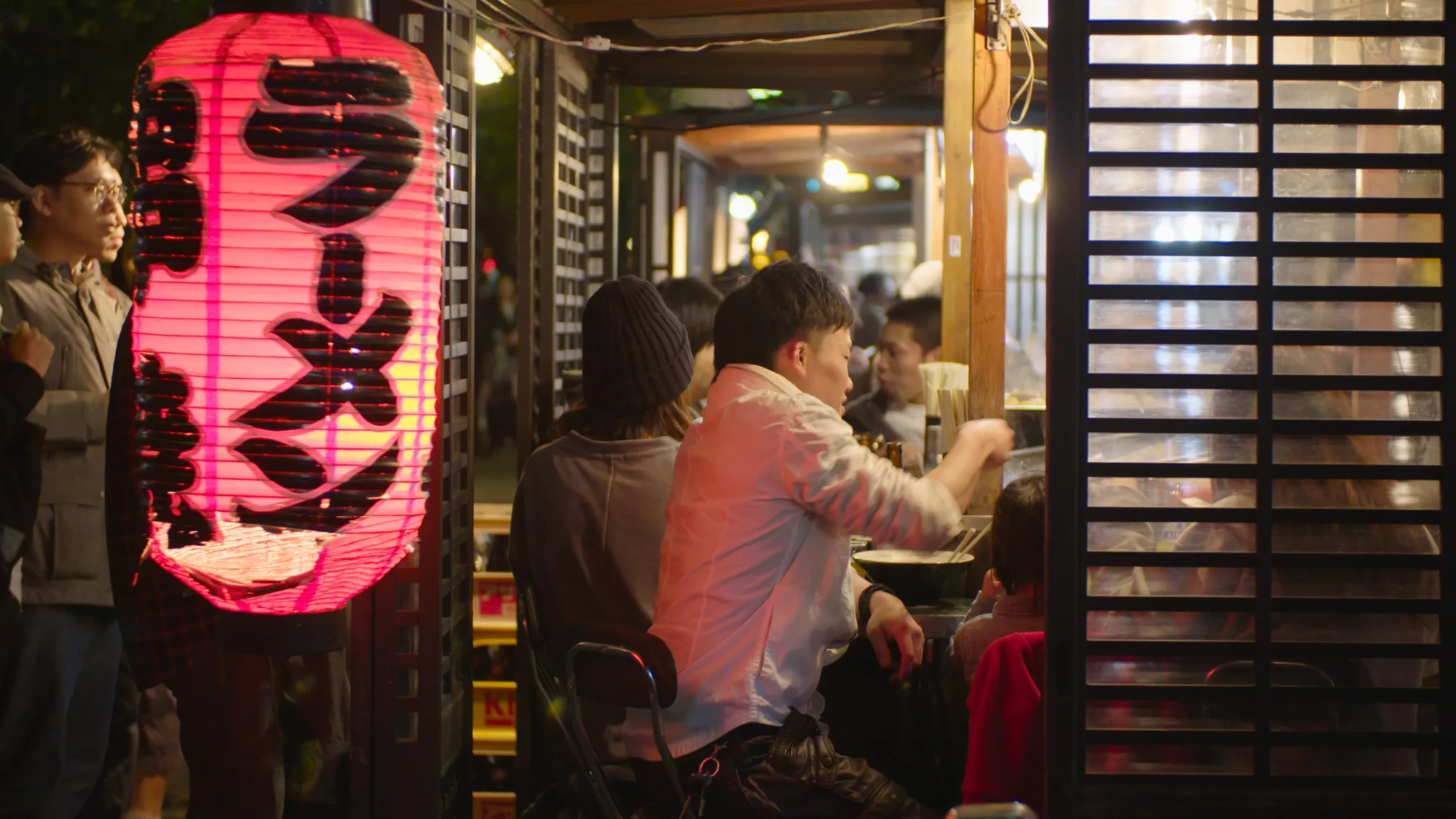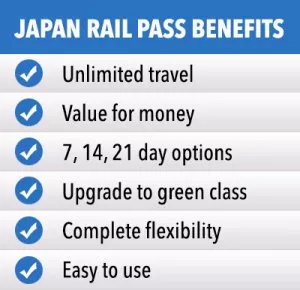When in Japan, it is highly recommended to experience the diverse and delicious cuisine the country has to offer. All over the country, whether in the big and sprawling urban areas like Tokyo and Osaka or in the quiet and remote parts of Hokkaido and Okinawa, you can find diners, cafes, and restaurants where you can feast on some good tasting, local specialties.
However, while there are many places that provide English menus, there are also several that do not. Before your trip to Japan, it is best to memorize a number of Japanese words and phrases that are useful when dining out. Below are 13 of them:
Upon arriving at the restaurant
1. “Sumimasen” (Excuse me) – You can use this phrase to call the attention of a staff or employee, if there is no one by the door as you enter. When you say it, slightly raise your hand, similar to what students usually do in class when they have questions for the teacher.
2. “Hitori desu” (For one person) – This phrase is valuable to solo travelers. With it, you can let the restaurant staff know that you are eating by yourself. If you are with another person and would like a table for two, use “futari” (two people) instead of “hitori”, and say “futari desu”. For a group of three or more, you can just replace “hitori” with the Japanese word for the number of people in your party, like “sannin” for a party of three, and say “sannin desu”; “yonin” for four, and say “yonin desu”; “gonin” for five, and say “gonin desu”; and so on.
3. “Kinen seki onegaishimasu.” (A non-smoking table, please.) – To get a table in the non-smoking area of a restaurant, use this phrase. If you would like to be placed in the smoking area, say “Kitsuenseki onegaishimasu” (A smoking table, please.).
Time to order your food
4. “Kochira wo onegashimasu.” (I would like to order this.) – Pick up the restaurant menu, go over it, and then use this phrase, while pointing to an image or entry, to indicate that you would like to order that particular food or drink.
5. “Korewa nandesuka?” (What is this?) – If there are some things on the menu that you are not sure about (like whether that photo is of beef or chicken, or if that other photo is of a vegetarian dish) you can ask this question to the waiter/waitress. It is also helpful to memorize a few common Japanese words for ingredients and others, such as “gyuniku” (beef), “toriniku” (chicken), “sakana” (fish), “butaniku” (pork), and “begitarian” (vegetarian), to understand the staff’s response.
6. “Biiru wa ari masu ka?” (Do you have beer?)– To order beer, this is the Japanese phrase to use. The Japanese word for beer is “biiru”. If you want to order wine or sake, you can replace “biiru” with “wain” or “sake” in the question, and ask “Wain wa ari masu ka?” or “Sake wa ari masu ka?”. Other common drinks and beverages you can order at restaurants in Japan include “kohi” (coffee), “ocha” (tea), and “mizu” (water).

Eat at Yatai (food stalls) – ©JNTO
While eating
7. “Itadakimasu” (literal translation: I accept) – Before digging in to your food, say “itadakimasu” to show your gratitude and appreciation of the meal in front of you and the people who have worked hard to prepare it.
8. “Kanpai!” (Cheers!) – This is the phrase used when making a drinking toast.
9. “Oishii desu.” (It is delicious.) – While eating, it is okay to express how tasty and flavorful you find the food that has been served for you. You can say this phrase to your companions or the restaurant staff to let them know that you are enjoying a particular dish or beverage. Alternatively, you can use the phrase “suki desu” to say “I like it”.
10. “Gochisousama deshita.” (That was delicious.) – After the meal, you can say this phrase to express your pleasure and satisfaction with the wonderful feast.
Paying for your bill
11. “Okaikei kudasai.” (Please give us the bill.) – At some restaurants, the staff might take your bill to your table and you just have to hand them your money or card, while at others, you might have to walk to the cashier and pay there yourself.
Other important phrases to remember
12. “Arigatou gozaimasu.” (Thank you.) – Every time you eat at restaurants in Japan, you will make use of this phrase multiple times throughout your dining experience. Thank the staff that greets you at the door and leads you to your table, the waiter/waitress that delivers your order and refills your drinks, and the cashier that helps you settle your bill.
13. “Toire wa doko desu ka?” (Where is the toilet?) – This phrase is quite useful not only when eating at restaurants but also when sightseeing and touring anywhere in Japan.



















